Forts In the Northeast: A List of Historical Sites Every History Buff Should Visit
10 former military forts top our list of historical sites to visit in the northeastern United States.
10 former military forts top our list of historical sites to visit in the northeastern United States.
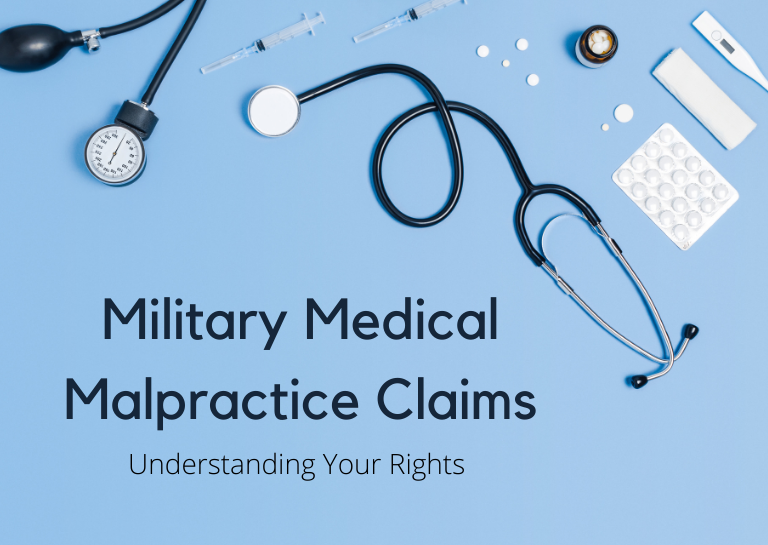
Legislation to reverse portions of The Feres Doctrine, named for the plaintiff in Feres v. United States in a 1950 Supreme Court Case, was finally enacted this year.
The Feres doctrine held that members of the armed forces were unable to file military medical malpractice claims resulting from personal injuries suffered during service.
The official rollout of the National Defense Authorization Act (NDAA), which is effective July 16, 2021, changes this. The NDAA has essentially revised military medical malpractice law. It allows service members, with certain limitations, to bring administrative claims and seek compensation for personal injury or death resulting from medical malpractice in military medical treatment facilities.
The new military malpractice claims process is in addition to the benefits provided under the military’s compensation system, which also covers combat injuries, training mishaps, motor vehicle accidents, and other deaths or disabilities that occur in the line of duty. It is also separate from the Military Health System Healthcare Resolutions Program, which helps patients obtain information about concerns with prior medical treatments but does not provide legal recourse for military medical malpractice.
While the particulars of the policy were only announced last month, the services began accepting claims in January 2020 and the waiting list is growing significantly. Close to 300 claims have been filed for a total of $3.25 billion.
Claims are filed with the service member’s branch.
To learn more about military medical malpractice claims, start by reviewing the Congressional document or contact your branch’s Judge Advocate.
4th of July background: What exactly do we honor when celebrating Independence Day in America?
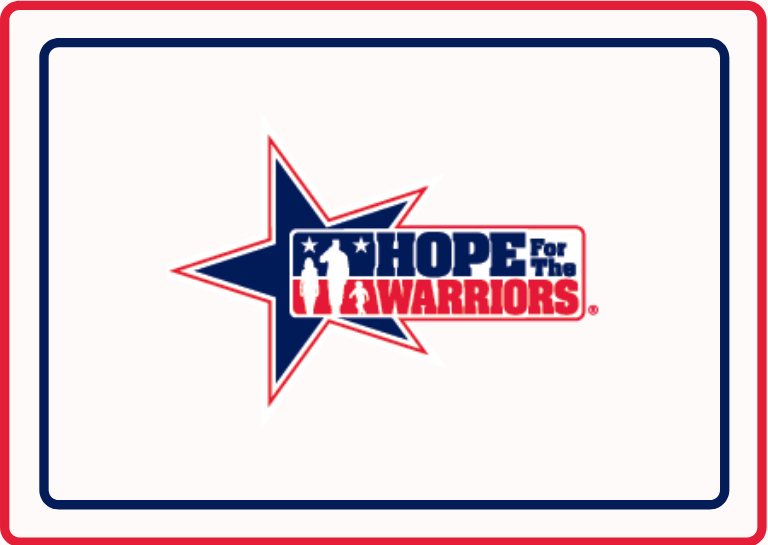
Founded by military families at the Marine Corps Base Camp in Lejeune, NC, Hope for the Warriors programming encourages health and wellness, peer engagement, and connection to community resources for transition-focused service members, Veterans, and military families.
Led by combat Veterans and military family members, this non-profit is among the Veteran service organizations that work so hard to serve those who have sacrificed so much. Their holistic approach to well-being offers three core programs to help military families and service members through their transition to civilian life.
Licensed clinicians provide a range of services that can address clinical support needs, coordinate critical care, and provide family wellness programming.
There are several opportunities for transition support. A Warrior’s Wish awards financial grants to severely injured Veterans. Warrior’s Compass provides resources for Veterans beginning new careers. Drive for Hope is a comprehensive driving program designed to help those who have suffered a major injury regain independence. Spouse and caregiver scholarships offers assistance for continued education.
The sports and rec program reintroduces warrior athletes to a favorite sport or hobby and provides disabled Veterans the opportunity to learn new skills by using adaptive equipment. 30 x 30 presents 30-day virtual challenges, Team Hope allows athletes of all skill levels to engage in competitive sports, and Outdoor Adventures helps service members reconnect to nature via wilderness sports and recreational opportunities.
To connect with Hope for the Warriors you’ll need to register for an online account. From there you can apply for individual programs and connect with events both nationally and close to home.
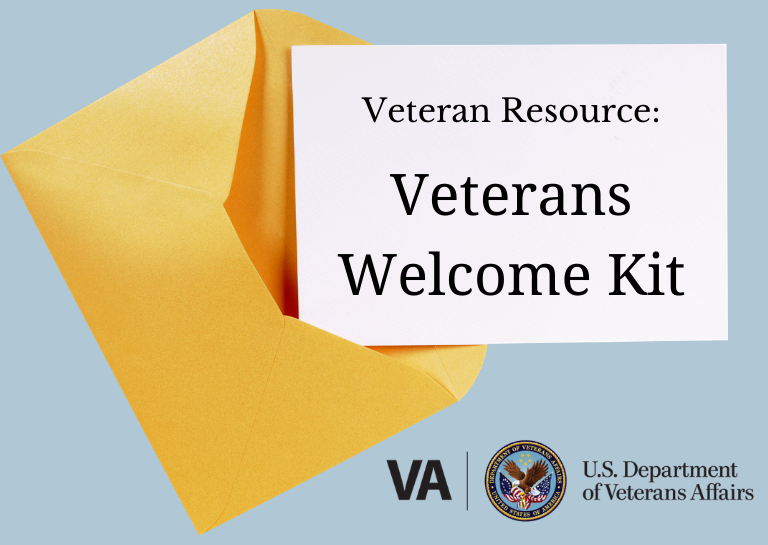
The VA has a long history of serving and caring for our Nation’s Veterans. From health care to benefits the list of services offered by the VA is extensive (and confusing to navigate!). This is why they have created a VA Welcome Kit to provide Veterans, their families, and survivors with the information needed to make the most of VA offerings.
The kit is organized around major milestones such as transitioning from active duty to civilian life, retirement, aging in place care, and much, much more. There are 14 guides included in the VA Welcome Kit to get Veterans and their families started:
The welcome kit isn’t just for those who are recently separated from the military. It can be useful to any Veteran or their family at any stage of life.
Close to 1,000,000 kits are currently in use. Make sure you keep your VA Welcome Kit handy for reference and share it with anyone who takes part in your care or who may need help navigating their own VA benefits. The VA Kit is regularly updated online as new information becomes available, so the VA encourages Veterans to bookmark the link for future use, as well.
Finally, they welcome suggestions for additional information to include in the VA Welcome Kit. If you have an idea, submit to [email protected].
For more information on VA Benefits, transitioning from active duty, and many helpful resources, visit Military Connection’s Military Blog.
Top Ten WW1 Films – Part 3 of our series on greatest war movies by era
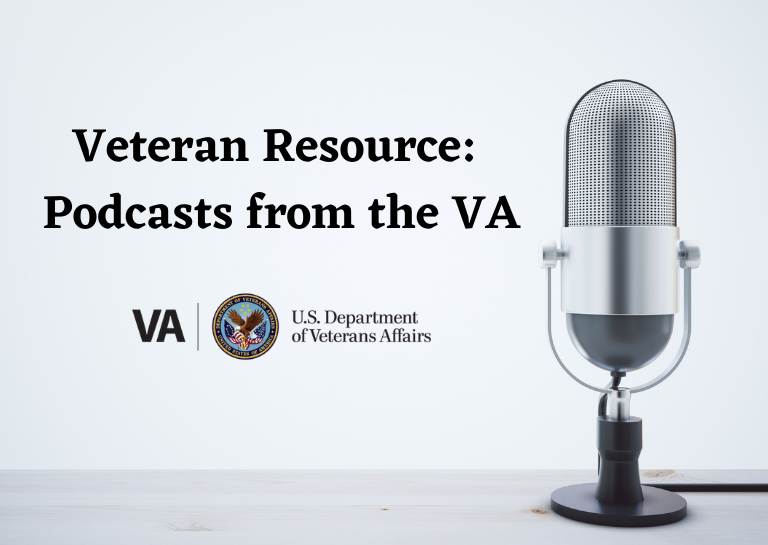
Did you know that the VA has a podcast network for Veterans? The VA podcast network hopes to strengthen the community via audio episodes created especially for Veterans. These VA podcasts are an excellent resource for information on programs, tips, stories, and VA news which Vets may not learn about elsewhere.
Each podcast on the network offers different information. Here are four of our favorites:
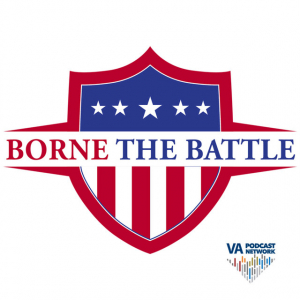
Borne The Battle: A weekly podcast that uses interviews to recognize the battles, challenges, and sacrifices our Veterans endure during and after their service. The show also spotlights important resources, offices, and VA benefits.
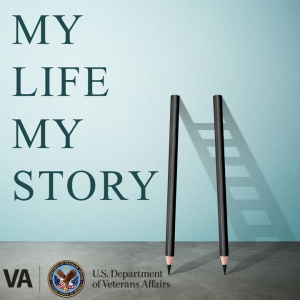
My Life, My Story: This VA podcast is based on the “My Life, My Story” Project, which was established in 2013. In an effort to help VA healthcare providers learn more about their patients, interviewers shared with them the stories of Veterans from VA hospitals around the country. These stories were found to be so compelling that a podcast was created to share them with the rest of the world.
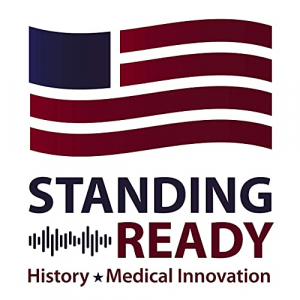
Standing Ready: Standing Ready gives a look inside the untold story of the VA Medical System. The podcast highlights contributions (past, present and future) of our Nation’s largest health care system via interviews with VHA innovators and pioneers conducted through a historical lens.
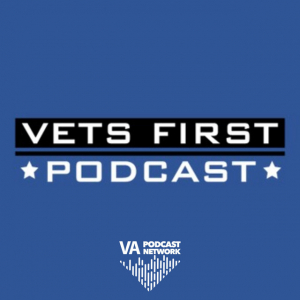
Vets First aims to shorten the information gap between researchers and the Veterans they serve by sharing researchers’ findings and describing Veterans’ research experiences.
The VA podcast network can be accessed via their website or individual shows can be downloaded from Apple, Spotify, or anywhere else you listen to your podcasts.
In addition to audio options, the Vets First and Borne the Battle podcasts offer full episode transcripts. This is a great alternative for those who are not able (or would prefer not) to listen to the audio versions of the podcasts but still wish to learn the information.
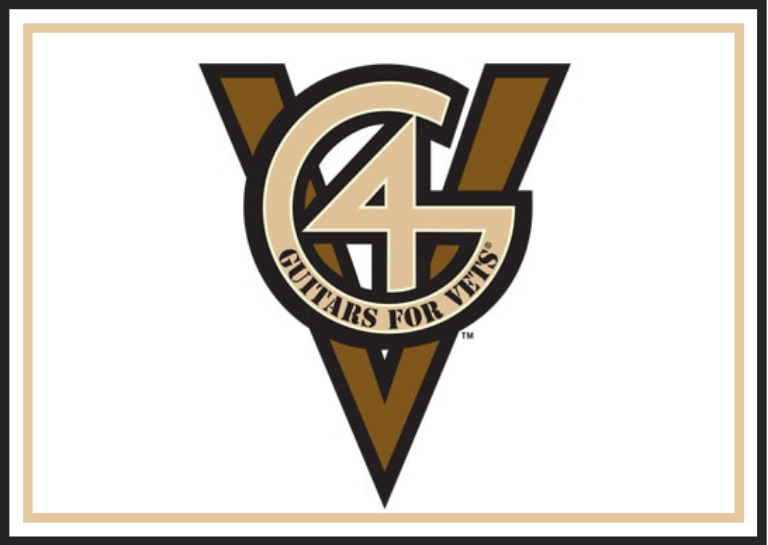
In 2007, Marine Corps Veteran Dan VanBuskirk began taking guitar lessons. He became friends with his instructor, Patrick Nettesheim, and they both realized that learning to play the guitar created a much-needed outlet for VanBuskirk. Furthermore, the lessons themselves provided opportunities for the positive interaction both men needed. Together they established Guitars 4 Vets (G4V) which operates in over 110 VA chapters across 40 states, today.
Music – both playing it and listening to it – has been proven to decrease anxiety, increase self-esteem, and reduce PTSD symptoms. A recent study of Guitars 4 Vets students showed a 21% improvement in PTSD symptoms and a 27% decrease in related depression symptoms after participants completed the 10-week program.
G4V utilizes music as a means of improving communication, coordination, and interpersonal skills. The G4V four-way path provides the foundation for the 10-week instruction period. This path uses four guiding principles to help Veterans heal: patience, acceptance, gratitude, and empathy.
Weekly one-on-one lessons are led by volunteer instructors and allow students to learn at their own pace. Monthly group sessions provide social interaction and facilitate camaraderie. Upon graduation, Veterans receive a free acoustic guitar and accessory kit. Every month thereafter brings additional groups sessions for graduates to continue practicing and provide a community to which Vets can connect.
Enrollment in Guitars for Veterans requires a referral from a case worker or social worker to a VA chapter that offers the program. Luckily, a cyber chapter is now available, making G4V accessible to all Veterans, regardless of their location. All cyber participants must have access to a guitar for lessons as well as a tablet or computer with camera and microphone.
To learn more, visit www.guitars4vets.org.
12 forts to visit in the Midwest – Early American historical attractions
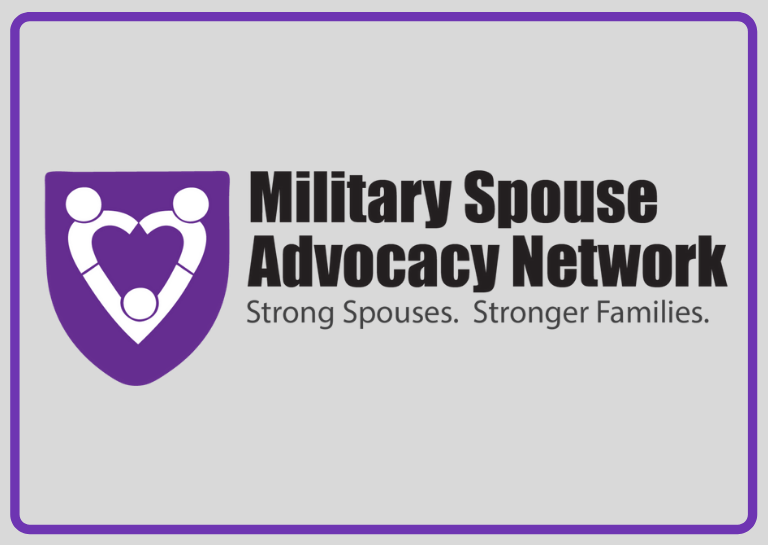
The military lifestyle comes with some definite perks. The experience of traveling the world, the pride associated with fighting for our country, and the friends made along the way are all priceless. But it’s no secret that the life of a military spouse can be challenging, as well as exciting.
Adjusting to the constant change and uncertainty of a military lifestyle is difficult in and of itself. Add to that PCS moves, deployments, reintegration, and the anxiety military spouses are frequently forced to endure, and being part of a military-connected family can be downright difficult at times.
The Military Spouse Advocacy Network (MSAN) is a nonprofit organization whose goal is to provide military spouse support and ease this strain on military families. They collaborate with official military installations, Department of Defense (DoD) resources, and additional organizations to provide a personalized, structured mentorship program that builds long-term connections between military families in an effort to expand a sense of community and improve support networks.
There is a major focus on providing resources and opportunities to military spouses as they enter the military lifestyle.
They provide the knowledge and tools military spouses need in order to advocate for themselves, their service member, and their families.
The MSAN facilitates military spousal support, mentorship, and training to ensure no spouse is left behind.
Furthermore, the Military Spouse Mentorship HUB connects military families from every branch of the armed forces and their surrounding communities through a Virtual Education and Resource Center, New Military Spouse Support Program, and Leadership Development Program.
These programs focus on the mental health, career development, financial readiness, deployment, and reintegration concerns faced by military spouses. Therapy, coaching, and educational resources are all available through the Mentorship HUB. The programs improve military family morale, increase resource utilization, and establish an ongoing investment in the communities served by MSAN leadership.
To connect with the Military Spouse Advocacy Network, contact them via email at [email protected] or visit their website for more information.
© 2006-2020 Military Connection, Owned by BL, LLC. All rights reserved